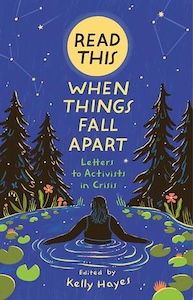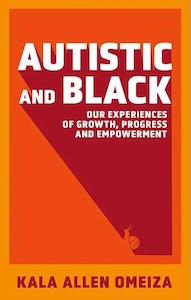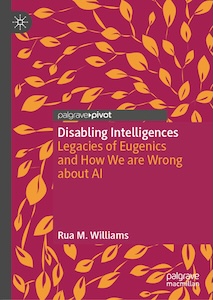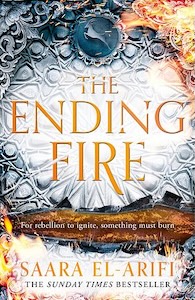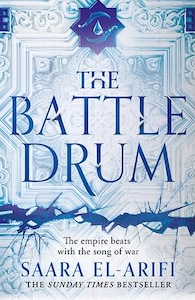“Time to Orbit: Unknown” by Derin Edala
Book 1: “The Javelin Program”
When Dr Aspen Greaves signed up for the Javelin Program, humanity’s first foray into colonising deep space, they expected to wake up to life in a thriving colony on a distant planet. Instead, they find themself five years away from their destination on a broken spaceship full of complex mysteries, dead astronauts, and a very unhelpful AI.
Aspen wasn’t trained for any of this. But if they can’t keep themselves alive, get the ship in working order, and find out what went wrong by unravelling a chain of mysteries leading all the way back to distant Earth, then neither Aspen nor the five thousand sleeping passengers in their care will ever see a planet again.
Book 2: “The Antarctica Conspiracy”
It hasn’t been easy, but under the careful hand of its makeshift crew, the starship Courageous limps towards its destination. With every passing day, the promise of ground under their feet and a new, safe home looms closer. But Aspen and the crew have only begun to untangle the knotted web of conspiracies and experiments that doomed their predecessors, and what awaits them at their destination is something that nobody expects.
You can run pretty far, in space. But sometimes, what you’re running from is a whole lot less important than what you’re inadvertently running to.
Review
I decided to do one review for both books because the second book follows directly after the first as a continuation of the storyline. I really enjoyed reading both books and I feel like the author did a great job with the world building and the development of the characters. There was a lot of information to learn as the story developed and I was interested in learning everything. The books started out as a web serial which explains the length as things just kept happening, but it never actually felt like it was over the top or dragging on. Ultimately I felt like I was reading a novelization of science fiction show that stuck to the main plot without fillers. Which meant the length never got annoying (except perhaps where there was a bit more telling of what happened than showing which included some time jumps).
I thought all of the characters were great and there were a lot of different relationships that developed throughout the books. I also liked the way the author handles both a gender and disability. A lot of it is in the background but it’s very clearly shown that identity is important and people should be able to make their own choices. The books reference a lot of the past but in vague terms and ideas because so much time has passed on Earth that a lot of the history was already lost even before the ship left. But the are some pretty obvious references to things. There isn’t a lot of information to be found about the author but I believe they are from Australia which provides some clues to the development of the plot.
In some ways I did the ending was a little to vague and maybe a little rushed (there was a lot more telling instead of showing by the end) but the ending does make sense for how everything plays out. While I would have liked to have had more answers, it’s also true that not knowing the all answers was the point. There were good reasons for it to happen that way so I wasn’t disappointed.
Additional reviews and warnings for books can be found on the individual StoryGraph pages for “The Javelin Program” and “The Antarctica Conspiracy”.
Book Details

- Author’s Website
- Derin Edala
- Publisher / Date
- Self Published, September 2024 (both books)
- Genre
- Science Fiction
- Page Count
- Book 1: 642, Book 2: 770
- Date Completed
- January 10, 2025
